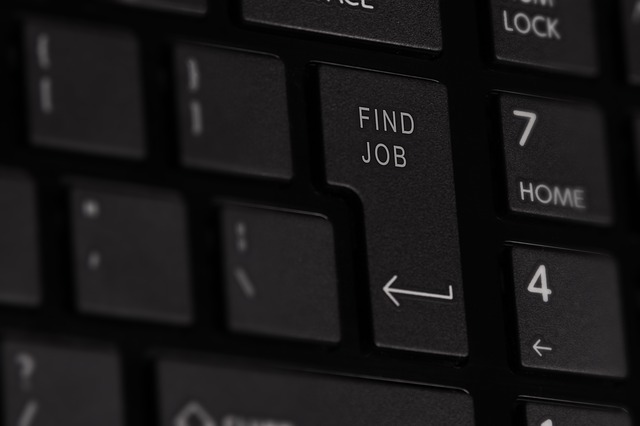
Recent research by the University of Manchester published in August suggested that contrary to what most would think, being unemployed is not always worse for your health than working. The recent rise in unpredictable self-employed, commission-only and zero-hours contracts where you don’t know if you have work one day from the next is far worse for your mental and physical health than being out of work.
While the best option is to be in a high-quality, permanent job this isn’t always an option. But the research brought into question the idea that any job is better than no job.
However, the research only took into account the health of its subjects. If you end up out of work, what impact does low-quality have on your career for the future? Are you demonstrating that you’re willing to work, or are you better off with a gap in your CV?
Our consultants see a lot CVs every day from all sorts of people but they were in some disagreement about what the best course of action would be to take.
Keli, our Sales sector consultant would always choose the candidate that had been doing any work over being unemployed. She commented: “It’s always better to be in a job. If you’re too picky then you’ll end up without a job long-term. You’ve got to have a wage coming in.” She felt taking too much time off makes a candidate look lazy – not a desirable attribute in a good salesperson.
However, Cathy saw things differently. “It spoils a CV going from a good job to more low skilled work. Sometimes you can see a downward spiral where a candidate comes out of a career job into other work and struggles to get back into their previous line of work because their skills have gone out-of-date.”
We all agreed this was a complicated issue. There are many different reasons someone could be out of work, and people don’t always have a choice to stay out of work as they have bills to pay.
If you can afford to be out of work, we decided that going on training courses was important to ensure your skills were still being topped up.
Otherwise, there’s no harm in taking other work as long as you don’t do it for too long. An awful job should be a motivation to keep your career on track and be proactive in finding a long-term role. But don’t feel the need to go into detail on your CV about it – a cursory line is fine!
The longer that career gap on your CV though, the more you should be prepared to compromise in your next role, whether that be with pay or seniority.
If you’ve had a longer break, temporary contracts such as providing holiday cover can be a good way of getting a foot in the door with a company by building a relationship with some of the management there. Getting good feedback from clients about our temps often encourages us to put them forward for roles we might have otherwise thought they were unsuitable for because they’ve demonstrated to us what they’re really like.
Everyone has gaps in their CVs. It’s what you’re doing in that time that counts.

